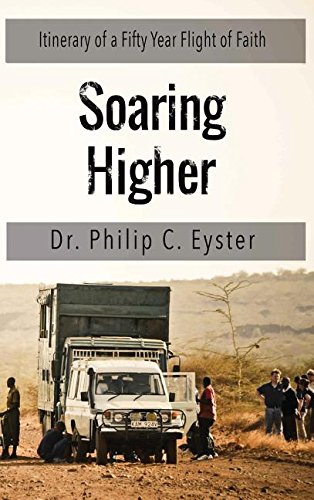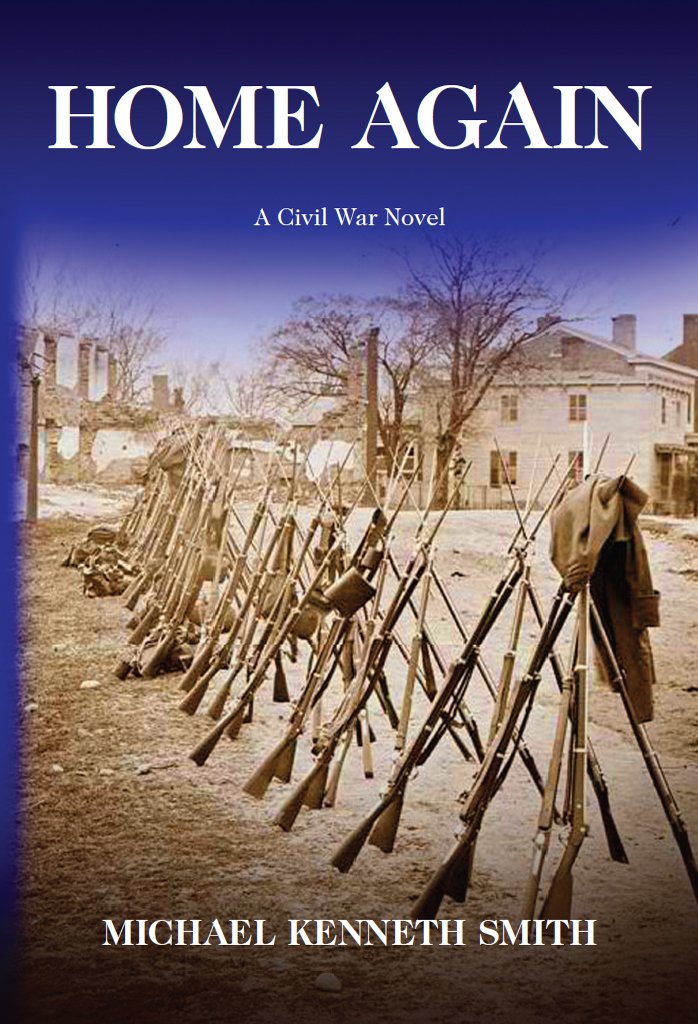 I have been eagerly anticipating the opportunity to finally announce that this book is now available: Soaring Higher: Itinerary of a Fifty Year Flight of Faith. The “blurb” I wrote for the book is pasted in below. Not only have I enjoyed- been challenged, helped, and encouraged by- this book, but I have read significant portions to my children, humorous stories to laugh at and stirring stories of faith and perseverance which I pray will help fortify their souls.
I have been eagerly anticipating the opportunity to finally announce that this book is now available: Soaring Higher: Itinerary of a Fifty Year Flight of Faith. The “blurb” I wrote for the book is pasted in below. Not only have I enjoyed- been challenged, helped, and encouraged by- this book, but I have read significant portions to my children, humorous stories to laugh at and stirring stories of faith and perseverance which I pray will help fortify their souls.
This is a great book which I heartily commend to you.
I am absolutely delighted to see this book come into existence. I have long hoped for others to have the opportunity to hear these stories which I have seen and heard. Whether huddled up against the cold in Nepal, or resting in the shade in Ghana, or sitting in my own living room in the United States I have listened with laughter, joy and conviction to many of these stories over the years. You have a real privilege in getting to read them yourself now.
It has been my privilege to know Phil for over 20 years and to see him in action on four different continents. He embodies for me two terms which are so often abused- “evangelist” and “living by faith.” So often I saw “living by faith” used to cover foolish presumption, but Phil has given me an example truly and faithfully depending on God which has deeply encouraged and challenged me. Then, too often supposed evangelists were interested only in counting responses, relying on shallow messages and having no concern for discipleship or the life of the local church. Phil is the healthy example of evangelist to which I point my students, a man gifted in gospel proclamation as well as teaching with a heart for the local church. We need many more of his type today. I pray many will read this book and be challenged to pursue the sort of ministry modelled here.
I still remember Phil arriving at our house- just in from evangelizing in a remote, unreached area having also with him a Hebrew psalter, his Greek New Testament, and an unabridged copy of Les Miserables. He also typically had with him several DVD’s of deep theological lectures, the complete collection of Sherlock Holmes stories and BBC productions of Dickens or Jane Austen. Conversation would range easily from movies to travel gear to world history, literature, politics, theological controversies and mission strategy. This is an interesting man with fascinating stories which will entertain, instruct and convict. Take up, read, ponder and pass this book along to others. You, and they, will be glad you did.
 Next to my enjoyment of puns themselves is the delight in finding so many worthies of the past extolling the virtue of puns. I should have been collecting these statements along the way, but here is one recently sent to me by Greg Wills. John Broadus, whom Spurgeon deemed the “greatest of living preachers,” second president of Southern Seminary, said of puns:
Next to my enjoyment of puns themselves is the delight in finding so many worthies of the past extolling the virtue of puns. I should have been collecting these statements along the way, but here is one recently sent to me by Greg Wills. John Broadus, whom Spurgeon deemed the “greatest of living preachers,” second president of Southern Seminary, said of puns: Home Again: A Civil War Novel
Home Again: A Civil War Novel